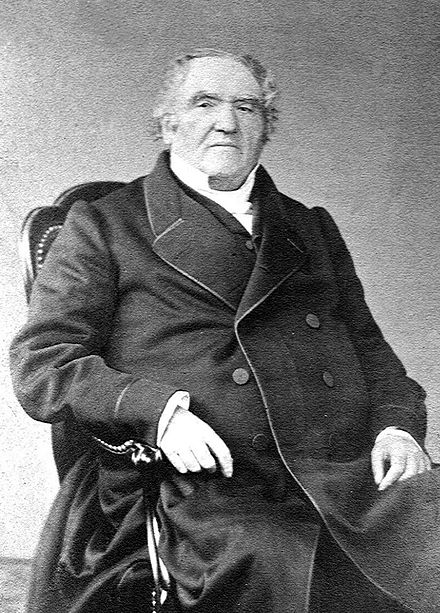
Jean-Pierre Falret
Jean-Pierre Falret: Pioneering Advances in Understanding and Treating Bipolar Disorder
Introduction
Jean-Pierre Falret (1794-1870) was a French psychiatrist who made significant contributions to the field of mental health, particularly in the study and treatment of bipolar disorder. His groundbreaking work laid the foundation for modern understanding and management of this complex condition. This article explores the life and legacy of Jean-Pierre Falret, shedding light on his contributions to the field of psychiatry.
Early Life and Education
Born on July 28, 1794, in Marcq-en-Barœul, France, Falret hailed from a family of physicians. This early exposure to medicine likely influenced his decision to pursue a career in the field of psychiatry. He studied medicine in Paris, where he was mentored by renowned psychiatrists of his time, such as Philippe Pinel and Jean-Étienne Esquirol.
Contributions to Psychiatry
- Identification of Circular Insanity:
One of Falret’s most significant contributions to psychiatry was the conceptualization of “circular insanity,” which we now recognize as bipolar disorder. In 1851, Falret published a seminal paper titled “La folie circulaire,” where he described a recurring pattern of mood swings between manic and depressive states.
Falret’s observations were revolutionary for their time. Prior to his work, mental illnesses were often viewed in broad categories without recognizing the specific nuances of each disorder. Falret’s characterization of bipolar disorder as a cyclic condition paved the way for more targeted and effective treatments.
2. Familial Aggregation of Bipolar Disorder:
Falret also recognized the hereditary nature of bipolar disorder, which was a groundbreaking insight during the 19th century. He noted that the condition often ran in families, suggesting a genetic component to its etiology. This observation laid the groundwork for modern research into the genetic underpinnings of bipolar disorder.
3. Advocacy for Moral Treatment:
Falret was a proponent of “moral treatment,” an approach that emphasized kindness, empathy, and a therapeutic environment for individuals with mental illness. This stood in stark contrast to the harsh and often inhumane treatments prevalent in the 19th century. Falret’s advocacy for humane care significantly influenced the evolution of psychiatric care.
Legacy and Impact
Jean-Pierre Falret’s contributions to psychiatry continue to reverberate through the annals of medical history. His insights into the nature of bipolar disorder and its familial predisposition laid the foundation for future research and treatments. Moreover, his advocacy for humane care for individuals with mental illness was instrumental in shifting societal attitudes towards those suffering from psychiatric conditions.
Today, bipolar disorder is recognized as a prevalent and treatable mental health condition, thanks in no small part to Falret’s pioneering work. His legacy endures through the ongoing efforts of clinicians, researchers, and advocates who continue to advance our understanding and treatment of bipolar disorder.
Conclusion
Jean-Pierre Falret’s dedication to understanding and alleviating the suffering of individuals with bipolar disorder marked a turning point in the history of psychiatry. His insights into the cyclic nature of the condition, recognition of its hereditary component, and advocacy for humane treatment have left an indelible mark on the field. As we continue to make strides in the study and treatment of bipolar disorder, it is crucial to remember and honor the contributions of this visionary psychiatrist.
